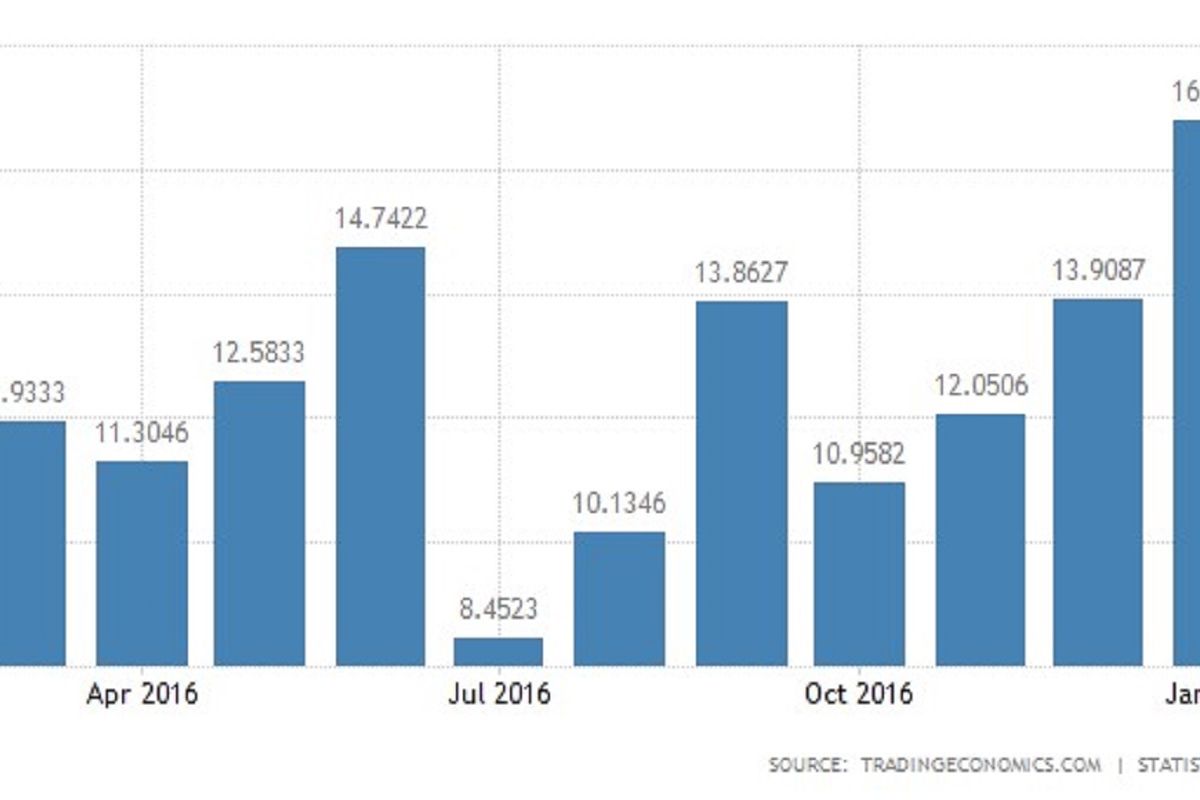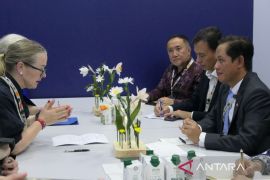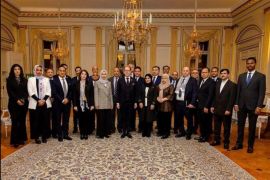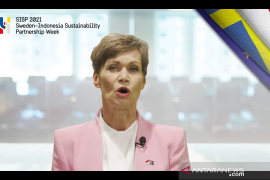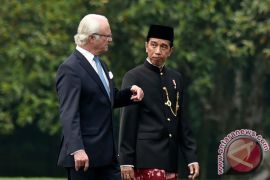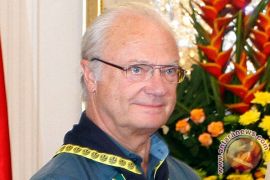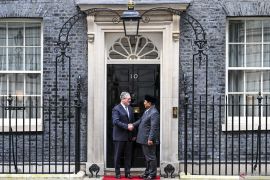As Sweden celebrates its national Day on June 6, 2019, Indonesia will also celebrate the national day on August 17, 2019. This year marks the 69th anniversary of the establishment of diplomatic relations with Sweden. These past 69 years have proven to be fruitful not only for the two nations' political ties, but also for their economic relations.
Official visits by key figures of both countries show the value each side places on the relationship. Indonesian President Susilo Bambang Yudhoyono had visited Stockholm in 2013, while King Carl XVI Gustaf made a state visit to Jakarta on 22nd May 2017.
Diplomatic and political ties naturally led to stronger economic relations. The two democratic countries have been uniquely molded together since Indonesia and Sweden established the diplomatic relations in 1952.
The partnership has developed into more than a friendship between two democracies and their leaders. In every aspect, this relationship has never been more relevant to geopolitics.
Indonesia's exports to Sweden had increased to 16.77 USD Million in January from 13.91 USD Million in December 2016. Exports to Sweden averagely reached 13.03 USD Million from 2014 until 2017, reaching an all-time high of 38.31 USD Million in December 2014 and a record low of 8.45 USD Million in July 2016 (Central Statistics Bureau, Jakarta, 2017).
Since 2017, Indonesia and Sweden have signed some Memoranda of Understanding that went into effect in May 2017. Indonesia has shifted the focus of the policy, seeking more advanced cooperation. Some focus shows the deeper economic ties between Indonesia and Sweden.
As the largest economy in ASEAN, rich in natural resources, demographically well-positioned, and with a rapidly growing middle-class driving up domestic consumption, Indonesia is no doubt a promising destination for businesses and investments.
Information, communication and technology
Indonesians sought training and sponsorship in Sweden to learn skills and technical abilities to improve their home country. Indonesian companies have also collaborated with Swedish companies in developing a platform for mobile digital wallet payment systems. Last month, on May 20, the Swedish Institute hosted a forum which was participated by two Indonesia's “unicorns", Bukalapak and Gojek. These two companies were greatly benefitted from the technologies which were developed and researched in Sweden.
Indonesia ranks 36th in the World Economic Forum Global Competitiveness Report 2017-2018, improved from 2017's position of 41st. According to the IMD World Competitiveness Rankings, May 2019, Indonesia leapt many places to 32nd, enjoying the region's biggest improvement, thanks to increased efficiency in the government sector as well as improvement in infrastructure and business conditions.
What does it mean for the Swedish businesses? Undoubtedly, Swedish companies have been experiencing positive growth during the last 3 years. According to the Survey published by Business Sweden in Jakarta, August 2018, Swedish companies have been growing in the expanding Indonesian economy. The Survey says that innovative technologies and product quality continue to be the most important competitive advantages of Swedish companies in Indonesia.
Development assistance
Sweden also cares about the natural disaster in Palu, Central Sulawesi, of which its sister city the municipality of Boras, Sweden, is committed to promote better goodwill between the people of the two cities. They would develop mutual understanding as well as favourable cooperation between their citizens.
The Embassy of Indonesia was informed last March, that the two cities had declared their intention to establish cooperation, in accordance with prevailing laws and regulations of each country, and to encourage exchanges between local institutions of each area, in the following fields the sector of new and renewable energy, social welfare and public democracy, and Public development after tsunami.
Bioenergy with the Swedish Environment Agency
In Indonesia, bioenergy has been clearly recognized as an important modern renewable energy source. Still, efforts need to be intensified in terms of policies, incentives and coordinated actions around a strategy to guarantee a sustainable transition from traditional practices to modern and sustainable solutions.
Certainly, the country is assured to take an important global role in the transformation of the palm-oil based industry. A holistic approach will improve competitiveness, leading to enhanced energy service provision and improved energy self-sufficiency. Pathways have to be defined including roadmaps and strategies to guide the development of bioenergy and its integration with other sectors, improving resource efficiency and reducing environmental impacts.
It is important to explore development towards a bio-based economy, with integrated resource utilization for harnessing the full potential of bioresources in Indonesia. Linking bioenergy markets and ecosystem services to provide energy services, improve energy security and promote sustainable livelihoods should be seen as mutually reinforcing objectives to promote the sustainable development goals (SDGs) in Indonesia.
On tourism, Indonesia is also at the forefront of the new economy in Southeast Asia. There has been a continued increased of the number of Swedish tourists to Indonesia. According to Central Bureau of Statistics, around 51,417 Swedes were visiting Indonesia in 2017. It was not small leap from the previous year, which was 45,934 tourists in 2016.
To conclude, Indonesia and Sweden have become strategic partners. Our mutual trust and friendship will certainly help both countries to encounter any difficulties and challenges in the future.
The views and opinions expressed on this page are those of the authors and do not necessarily reflect the official policy or position of ANTARA News Agency.
Copyright © ANTARA 2019
